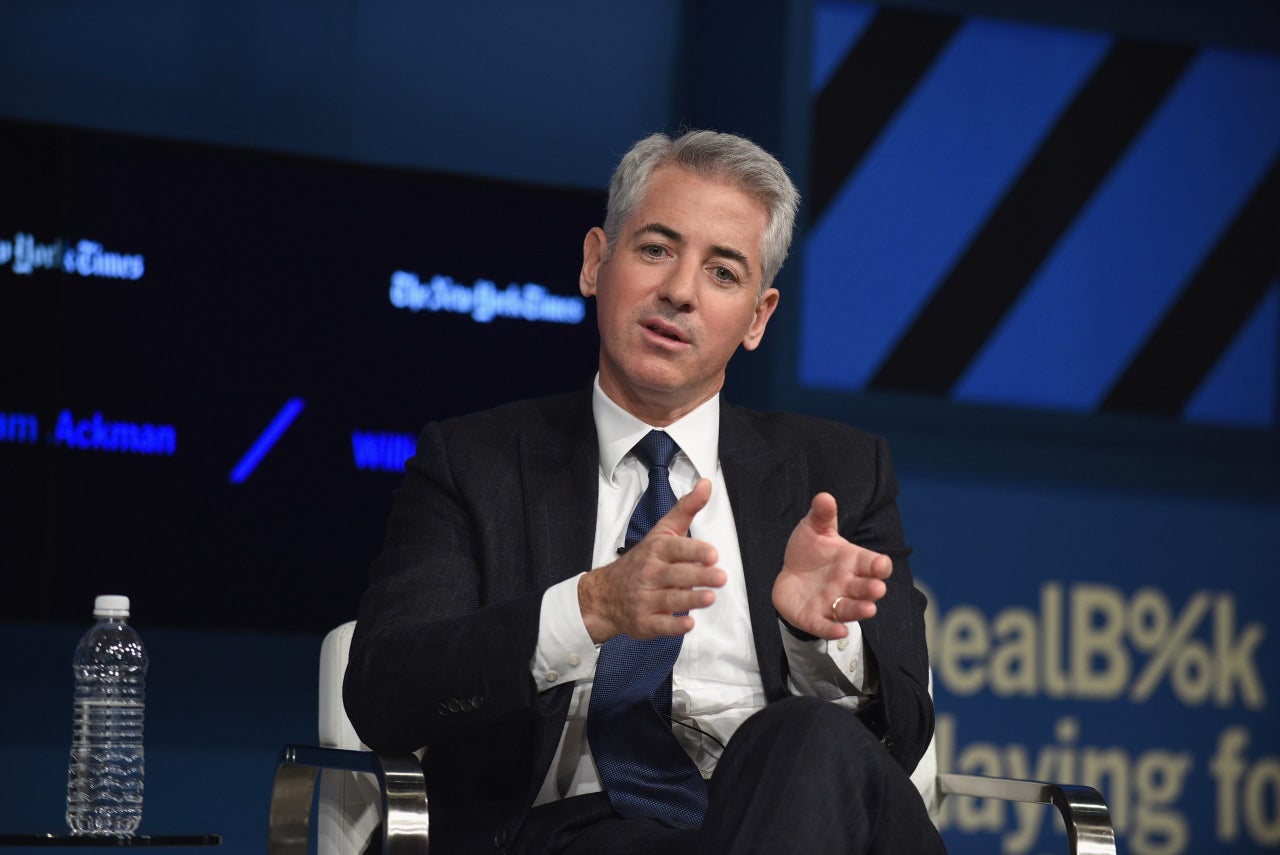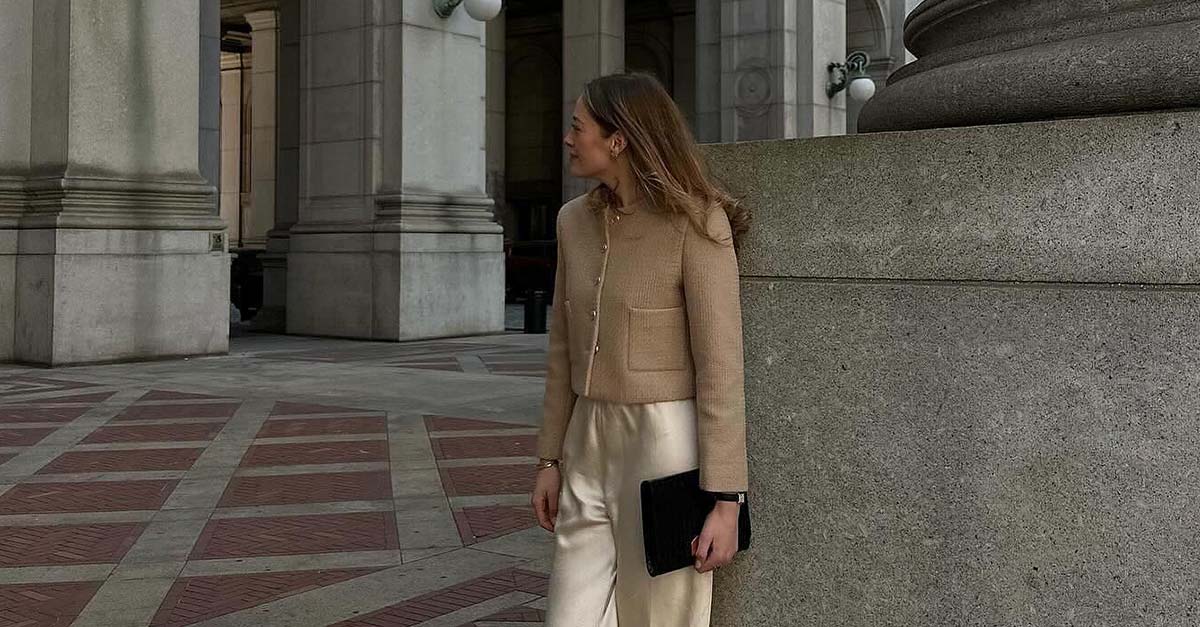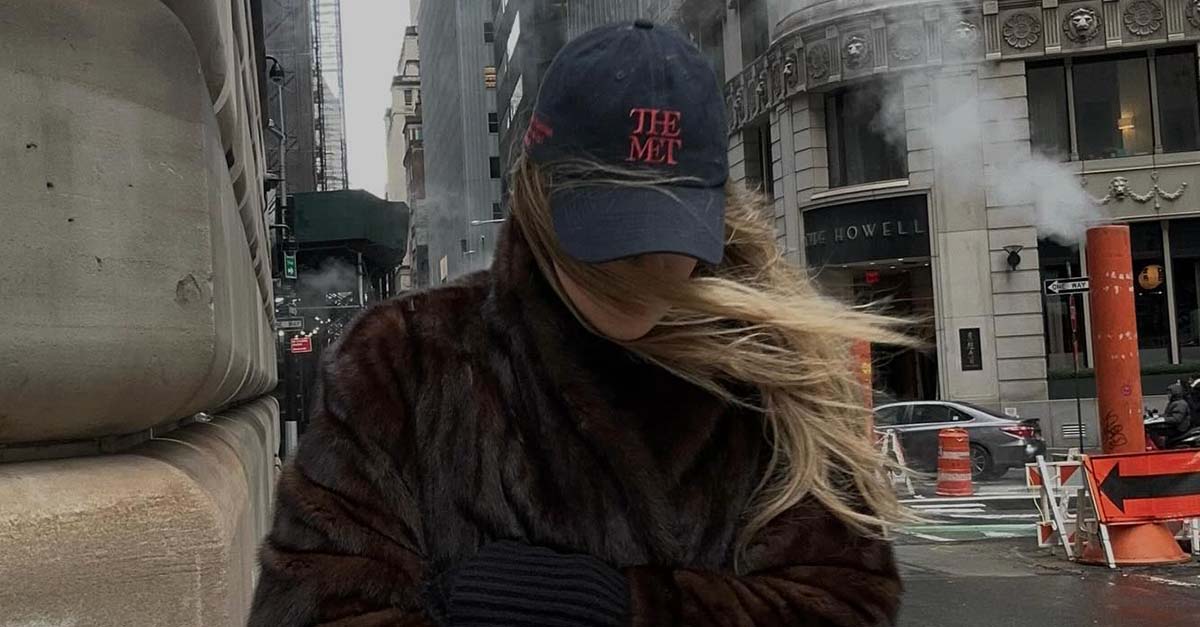
Spirits-maker Diageo has announced the closing of a chapter in its partnership with Sean ‘Diddy’ Combs.
“Sean Combs and Diageo have now agreed to resolve all disputes between them,” according to a statement shared with ESSENCE from the brand. “Mr. Combs has withdrawn all of his allegations about Diageo and will voluntarily dismiss his lawsuits against Diageo with prejudice. Diageo and Mr. Combs have no ongoing business relationship, either with respect to Cîroc vodka or DeLeón tequila, which Diageo now solely owns.”
The move comes after the disgraced hip hop mogul raised concerns of racial discrimination in 2023 and subsequently filed a lawsuit claiming mishandling of his liquor brands produced by Diageo. He reportedly entered into a partnership with Diageo in 2013, and had a 50% stake in their DeLeon tequila joint venture.
Mr Combs bought the DeLeon brand in partnership with Diageo in 2013.
“I had to send my people down to Mexico—this is what the fight is about—They went down to Mexico, and when they got down there, they found out that there was zero agave planted for Deleon. There was no plan for it to be successful. There was no equal treatment. The other brands, they had agave planted,” Combs said in August 2023 while being interviewed at Invest Fest in Atlanta.
As previously reported by ESSENCE in August, Diageo refuted those claims in a statement.
“Mr. Combs is misrepresenting the facts, including how agave production works,” a Diageo spokesperson shared in an exclusive statement with ESSENCE on August 30. “Despite Mr. Combs’ assertions, Diageo-owned agave plants are ‘brand agnostic’ and used across all brands, including DeLeon.”
Diageo also explained to ESSENCE “that it does not allocate agave plants to any one brand while they are still in the ground. As the ripening period for agave is seven years, flexibility is needed for supply and demand and early allocation would impose agricultural carrying costs on the relevant brand.”








